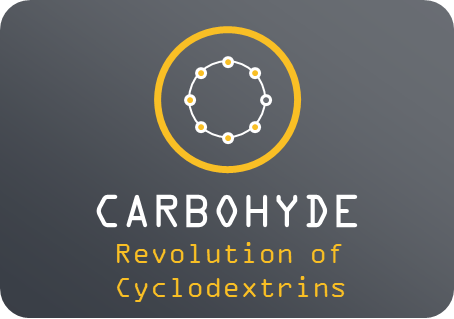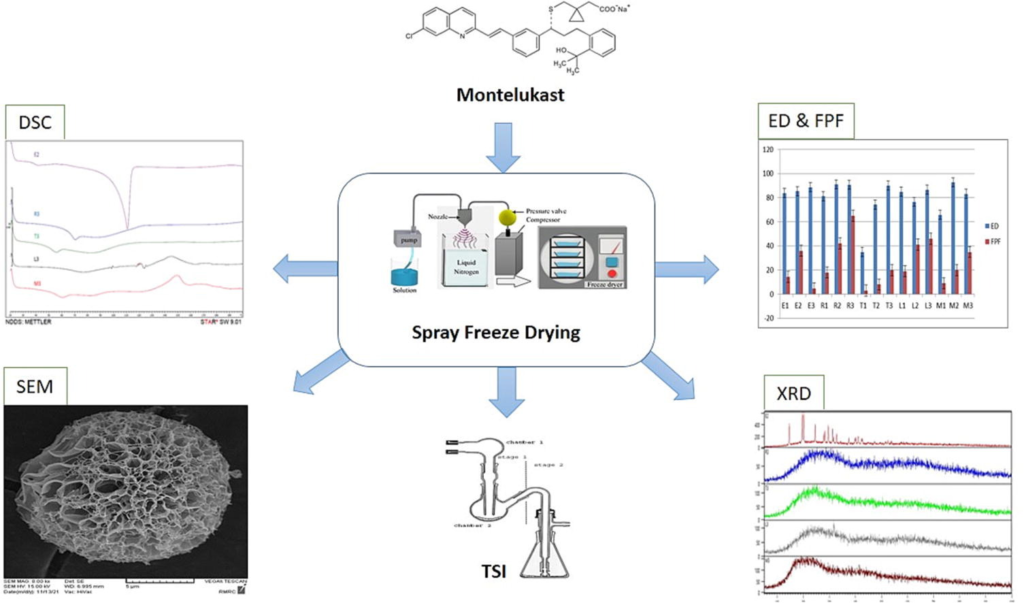Comparative investigation of pulmonary vasodilating effects of inhaled Nitric Oxide (NO) gas therapy and inhalation of SIN-1, a new drug formulation containing an NO-donor metabolite
Today’s cyclodextrin is a nice collaborative formulation and in vivo (porcine) study between Semmelweis University and Cyclolab R&D Ltd.
In the project, the hemodynamic effect of inhalative SIN-1a (the unstable active metabolite of molsidomine, stabilized by cyclodextrine) was studied. The pulmonary vasodilator effect of SIN-1 was dose dependent, and in case of larger dose it was comparable to that of iNO. However, the vasodilatory effects of SIN-1 inhalation was not limited to the pulmonary circulation, a significant and dose-dependent systemic vasodilation could also be documented.
My only regret here is not all contributors met the authors’ list finally.


